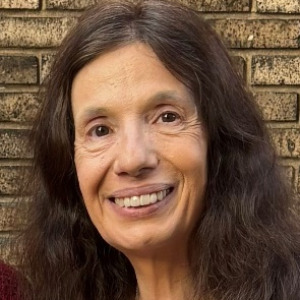Abstract:
One of the most compelling clinical challenges of our time is the increasing prevalence of obesity and its detrimental effect on the cardiovascular system. The underlying mechanisms through which obesity accelerates atherosclerotic cardiovascular disease (ASCVD) are poorly understood. Adipose tissue in obese subjects is inflamed and displays greater macrophage infiltration. Atherosclerosis progression is driven by inflammation and the pro-inflammatory environment fostered by excess adiposity is thought to be a critical link between obesity and ASCVD. The means through which adipose tissue influences atheroma formation is thought to involve release of a number of mediators. Adipose tissue is an active metabolic endocrine organ that secretes exosomes, microvesicles containing cellular cargo of mRNAs, microRNAs, lipids and proteins that may contribute to the development of atherosclerosis. Exosomes are released from the endosomal compartment of the cell by exocytosis. Exosomal function is largely determined by its microRNA content. MicroRNAs are non-coding RNAs (19–22 nucleotides) that post-transcriptionally regulate gene expression by base-pairing with the 3' untranslated region of complementary messenger RNA targets. Adipocyte exosomes deliver microRNAs and other content to the vasculature via the bloodstream. Multiple microRNAs are differentially-expressed in lean versus obese human adipocyte-derived exosomes. Each of the sequential steps in ASCVD development may be vulnerable to interference by plasma adipocyte-derived exosomes. This presentation will discuss atherosclerosis-promoting properties of adipocyte-derived exosomes from obese ASCVD subjects and how they may affect endothelial function and macrophage lipid handling. We will explain the methodology for isolating circulating adipocyte-derived exosomes from human blood samples. We will outline our IRB-approved human study designed to evaluate how obesity changes the microRNA profile of adipose exosomes. We will describe in vitro testing of microRNA mimics and antagomirs (resulting in upregulation and knockdown, respectively of target mRNAs) directed at metabolic pathways in obesity-related ASCVD. Exosome-based medical applications are promising due to their low immunogenicity, high efficiency, stability and ability to be recognized and transferred into specific recipient cells. Use of exosomes to deliver microRNAs to the atheroma-prone artery wall is an avenue of research that holds considerable promise for reducing the outsized burden of ASCVD affecting modern society.
Audience Take Away:
- Understand how successful weight reduction can change the behavior of adipose tissue and its effect on processes relevant to atherosclerosis.
- Reinforce the concept of adipose tissue as a dynamic endocrine organ at the center of metabolic dysfunctions associated with obesity.
- Researchers may use this presentation as a starting point for the discovery of new targets for the prevention and treatment of atherosclerotic cardiovascular disease in the context of obesity by studying the mechanisms by which adipose tissue in the human body affects vascular and myocardial disease pathogenesis.
- Identify obesity-related differences in adipocyte-derived exosome microRNA cargo that could mediate changes in macrophage and endothelial function and cholesterol transport efficiency.




